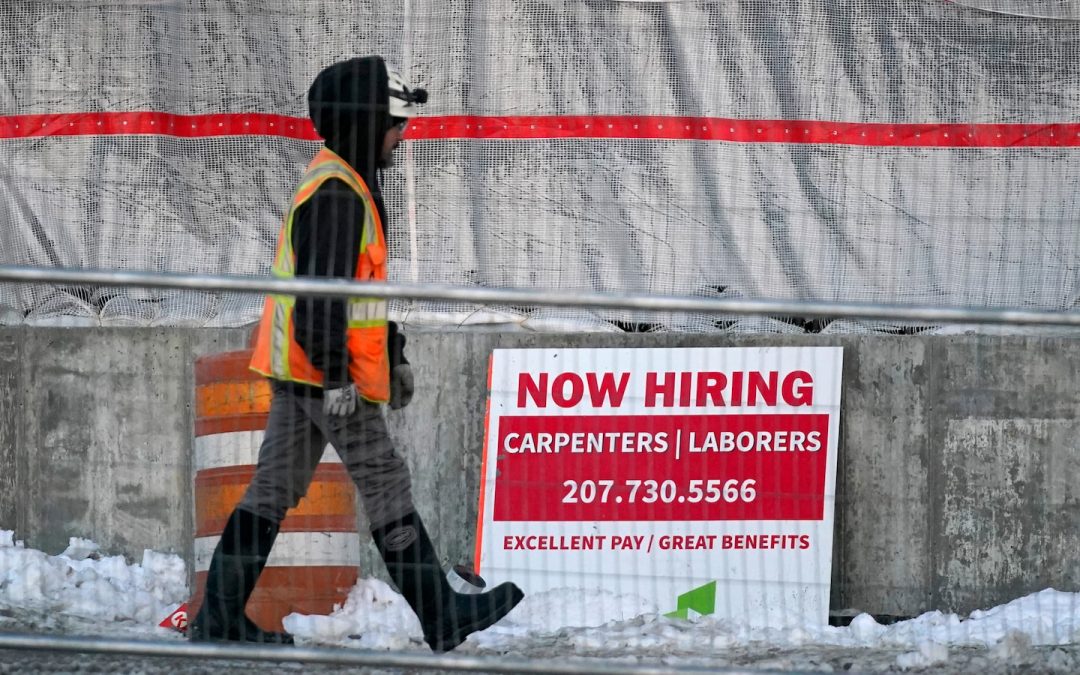The US labor market experienced an unexpected surge in January, with 517,000 jobs added despite layoffs in the tech sector. This stunning job growth has raised questions about the Federal Reserve’s progress in controlling inflation and has left employers in fierce competition for workers. In this blog post, we’ll explore the latest labor market data and what it means for the US economy in the coming year.
The Bureau of Labor Statistics reported that the unemployment rate dropped to 3.4 percent in January, the lowest rate in 50 years. Job growth had been steadily decreasing since August, but January’s job growth indicates that the labor market remains strong despite fears of a looming recession. The largest job gains were in leisure and hospitality, professional and business services, and health care.
In the past week, unemployment insurance claims fell to a nine-month low and job openings in the US soared to 11 million in December, meaning there were 1.9 jobs available for every person seeking employment. However, several sectors have faltered in the past few months, including tech, finance, and housing. Companies like Google, Microsoft, Amazon, and Goldman Sachs all announced mass layoffs in January.
The uptick in high-profile layoffs has not been reflected in payroll numbers or unemployment rate, leading economists to posit that laid off workers are quickly finding new jobs or not immediately applying for unemployment benefits. These job losses are also being offset by hardy gains in other industries.
The Federal Reserve moved on Wednesday to slow the pace of interest rate hikes that began last March to combat soaring prices of gas, housing and food. Even as economic forecasters predict a recession as soon as this spring, Federal Reserve chair Jerome Powell said on Wednesday he took it as a hopeful sign that the central bank has been able to dampen inflation up to this point without triggering catastrophic job losses.
The outlook for the global economy is improving, as worst fears fade. Some laid off workers say they continue to find plentiful job opportunities available to them. For example, Keegan Denery, a video editor who works remotely from Columbia, S.C., lost his job in early January but was hired into a better paying position at a tech start-up by the end of the month.
The Federal Reserve is hoping to see the numbers of job openings drop and wages continue to moderate before policymakers will feel satisfied that inflation is under control. The US labor market is showing signs of strength, but it’s too early to tell what the long-term effects of the January job growth will be.
Source: www.washingtonpost.com
